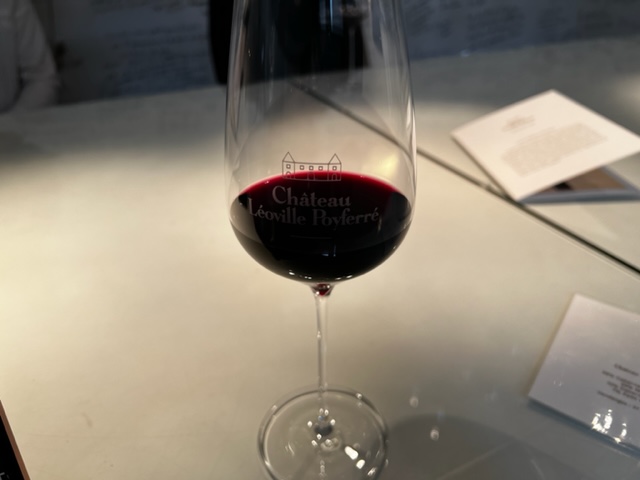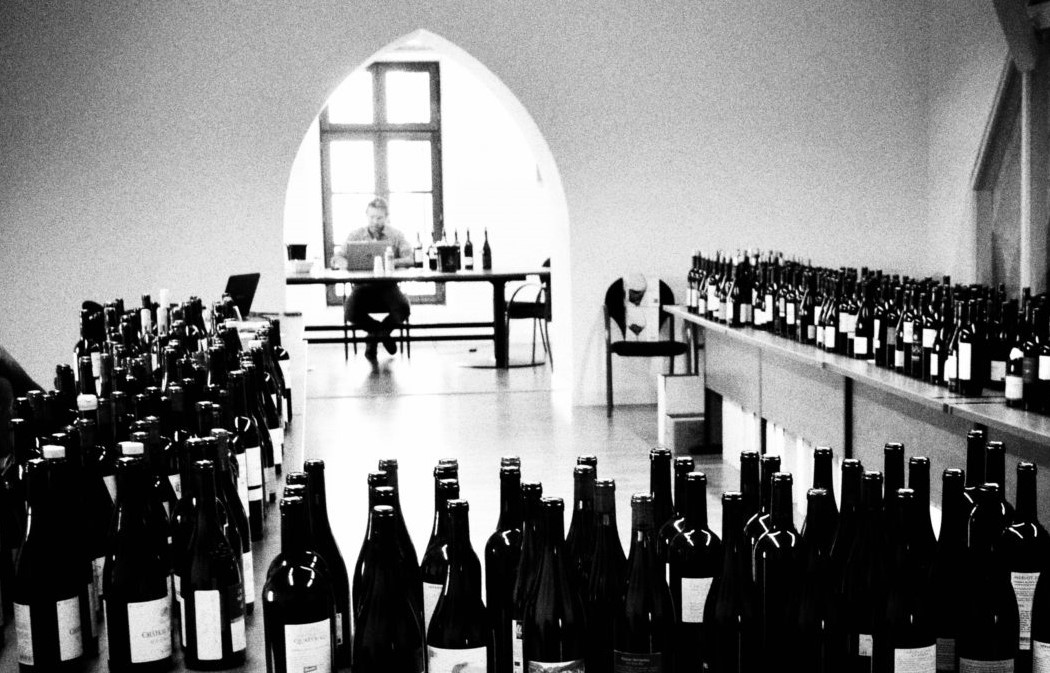
Given the unquestionably subjective nature of wine appreciation, I think it’s worth taking a moment to try and define how I approach wine. When evaluating wine for publication, I use a few key points that I always try to keep in mind.
- A wine has to provide both hedonistic and intellectual pleasure. Wine is a beverage of pleasure, and it’s critical never to forget that. For a wine to be great, you had better want to have another sip, pour another glass, and hopefully buy another bottle. Now, there are lots of wines that offer pleasure today. A simple Côtes du Rhône is pleasurable, and a fresh, crisp Picpoul can be undeniably delicious (especially with seafood). However, great wines go beyond that. A great wine satisfies not only your hedonistic senses but also your intellectual senses. It offers complexity and nuance and pulls you back to the glass.
- Great wines deliver a depth and intensity of aromas and flavors without being heavy. That last part is critical. It can be easy today, with the changes in the climate as well as improvements in viticulture and winemaking, to make a rich, full-bodied, powerful wine. It can also be easy to pick early and produce a delicious yet simple, crisp quaffer. Truly great wines deliver depth and intensity while holding onto a sense of elegance and finesse – without ever being heavy or cumbersome. This beautiful paradox defines a great wine in my mind, and it’s not easy to achieve.
- The ability of a wine to improve with age. This can be slightly controversial, and I’ve argued on both sides, but the longer I’ve done this job, the more I believe a truly great wine must have the ability to measurably improve with bottle age. That doesn’t just mean that a wine doesn’t fall off a cliff – plenty of wines out there today can last a long time. However, the ability to improve and offer more complexity, nuance, and elegance with bottle age is rare, and I think it’s a critical factor in genuinely great wine.
- A singular personality. Great wines are singular – they speak of a place, a cellar, or a person. And generally, it’s always a combination of these three things.
These are the components I look for in a great wine, and I try to keep the same perspective and mindset for every tasting, whether that’s a tasting of First Growth Bordeaux, top Napa Valley Cabernet Sauvignon, or Côtes du Rhône under $20.
Lastly, never forget that the goal and the purpose of wine criticism is to help you find a wine – to have a wine on your table – that you love. Not that I love or someone else loves, but that you love. We do that by tasting as broadly as possible, giving in-depth vintage overviews that describe the style of the wines, and being consistent in how we approach, rate, and describe wines, giving as much insight as possible. I promise you, there’s nothing good about having a highly rated or touted wine on your table that you don’t like.
At the end of the day, the only opinion that matters is yours, and our goal is to help you find a wine that you will enjoy.
Thanks for reading,
Jeb

